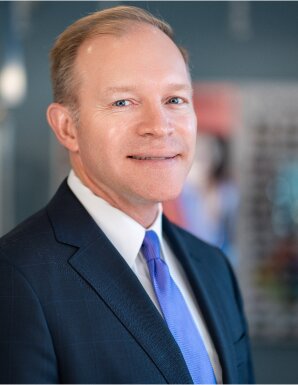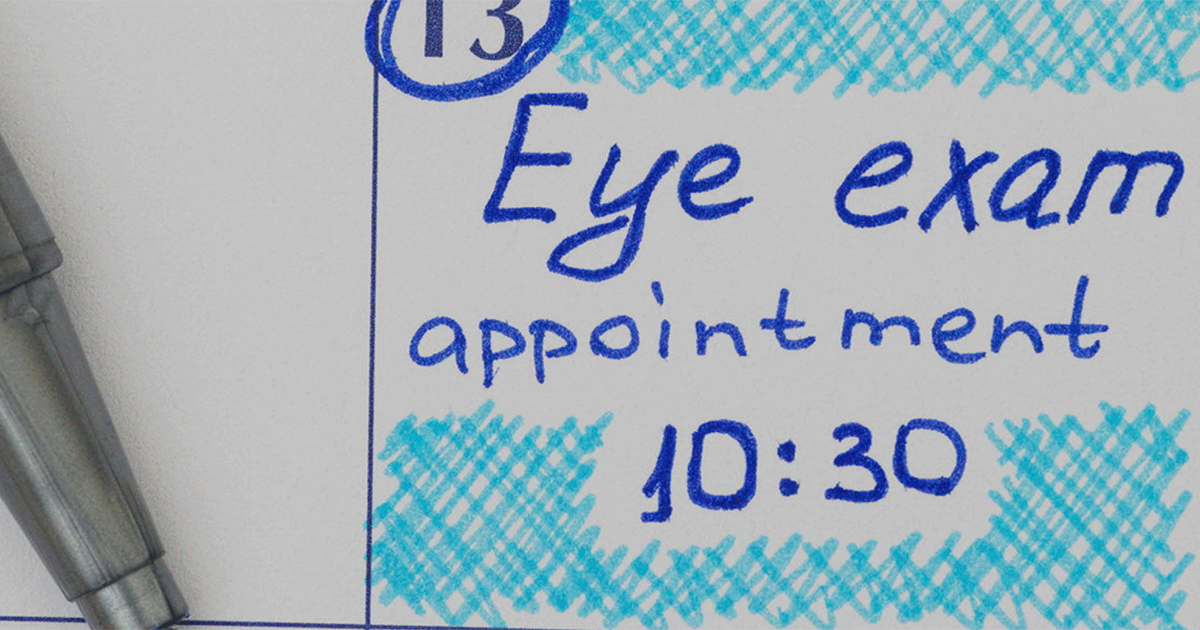Your eyes are one of the most important organs in your body—a window onto the world for you and a window into your body for your eye doctor.
With such importance, getting an annual eye exam and making sure everything is in good shape is extremely important for one’s overall health.
Despite this, there will still be people who don’t get an annual exam and then don’t maximize their vision care benefits before the end of the year. That’s your hard-earned money going right down the drain!
If you haven’t come in yet this year to use your vision care benefits, the time is now because once the new year comes around, that money is gone. And there are no rollovers.
But I Don’t Have Any Vision Problems
You may not have any health problems throughout the year, but you still have to go in annually for a medical exam with your doctor. Even though it may seem like everything is fine with your eyes, you can’t see what’s going on inside.
Some examples of reasons you should go see an eye doctor include:
- Double vision
- Dry eye/irritation
- Eye pain
- Floaters (tiny specks that appear to float in your vision)
- Circles (halos) around lights, especially at night
Even if you have 20/20 vision, your eyes go through all sorts of strain throughout the day, such as UV rays from the sun, blue light from computer screens and allergens in the air. Plus, eye exams can identify serious health problems throughout your whole body, such as diabetes and high blood pressure.
For children, the need for an eye exam is even more important—and babies are included!
Checking the development of the eye in young children can be a preventative measure against vision problems and eye disease. For school-age children, not having up-to-date eye prescriptions can cause headaches, irritation and a struggle to focus, especially in school.
Additionally, if you have a family history of vision issues or people who need glasses to see, chances are the gene is coming for you eventually.
Eye exams for both children and adults can identify that eyes are healthy with no outstanding problems and will continue to function that way.
What My Visioncare Benefits Cover
That’s why we’re here to help at VisionQuest. When you come into our store, you’re a person with specific wants and needs, and we know that. We work with you and your plan to identify what kind of benefits you have and how much FSA money you have to spend towards glasses, contacts or both.
In general, most vision care benefits cover:
- Annual eye exams
- Prescriptions for contacts, glasses or both
- They also give allowances towards contact lenses, glasses or both.
- Upgrades for your eyewear, such as lens coatings, lens upgrades and anti-glare add-ons are almost always considered electives, so coverage will vary, but we’re here to help you figure all of that out.
Don’t have insurance? There are ways to make sure you get the annual eye exam you need, so it’s still important for you to stop in and speak with a doctor.
Let’s say I get an exam but don’t need anything. What can I buy with my FSA money?
The best part about FSA money is that spending it on important things is pretty easy. There’s a long list of different items that qualify to be bought with your money, so ask about everything—don’t count something out because you assume it won’t make the cut.
A good way to utilize your money is to stock up on important eyewear accessories. This can include eyeglass cases, microfiber cloths, and cleaning sprays. Normally certain kinds of sunglasses fall into this category too. Also, make sure you don’t need basic glasses for anything else such as reading or driving.
Your eyes adore you. Show them love back and schedule an appointment with us today.

Dr. Chris Browning is a Greenwood native, who has been serving the community through glaucoma care and myopia management. He studied at Indiana University Bloomington and the Indiana University School of Optometry. As he has severe nearsightedness himself, Dr. Browning is passionate about helping others to achieve excellent vision.

